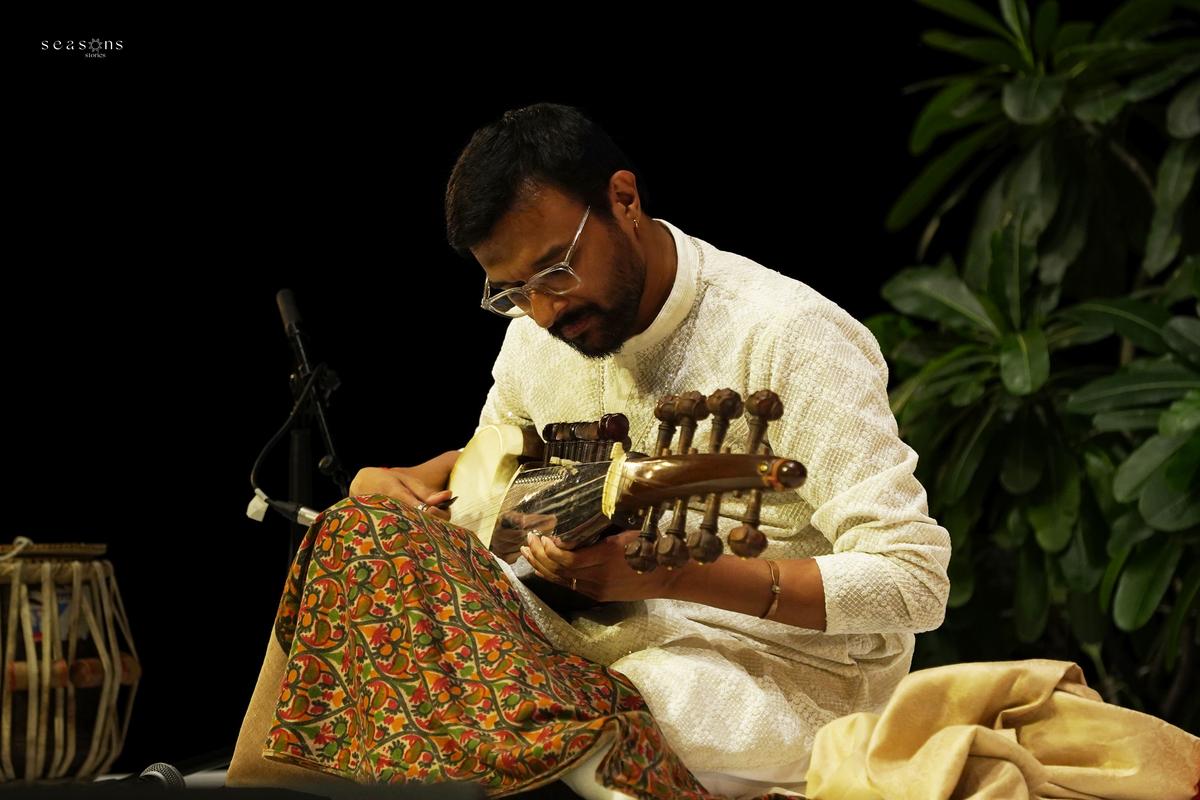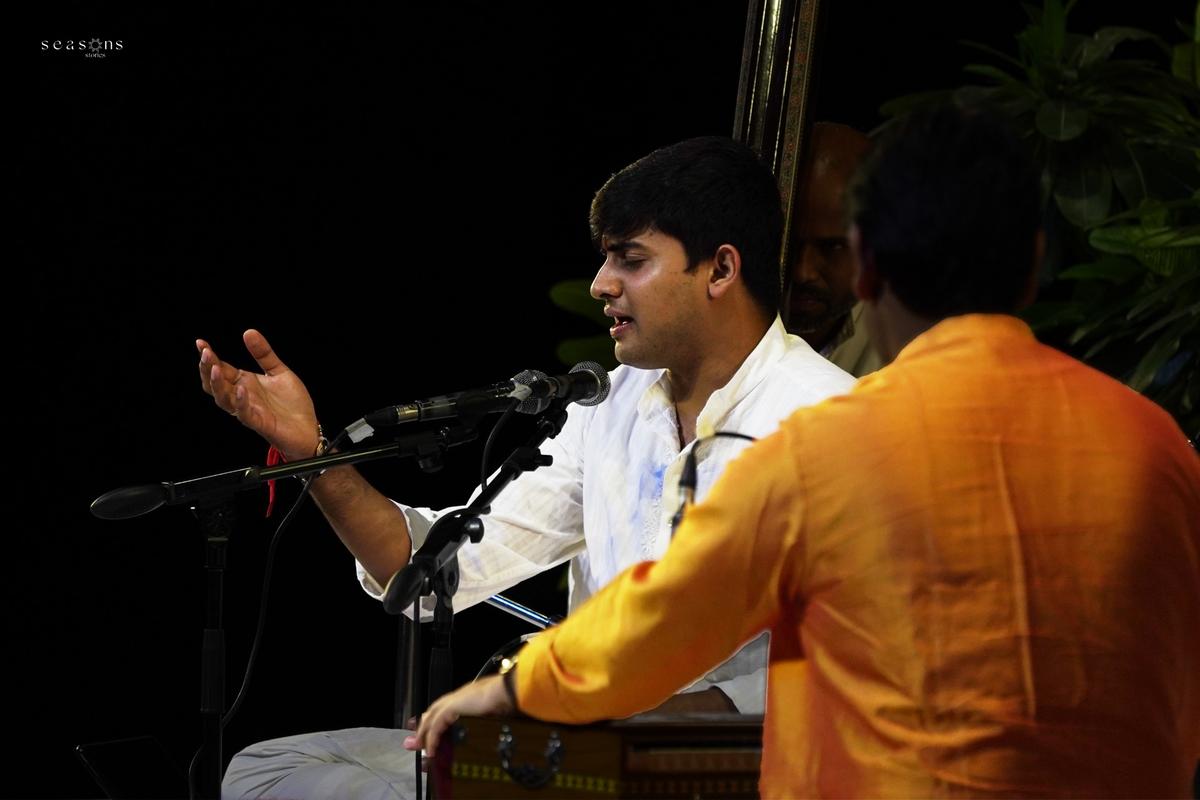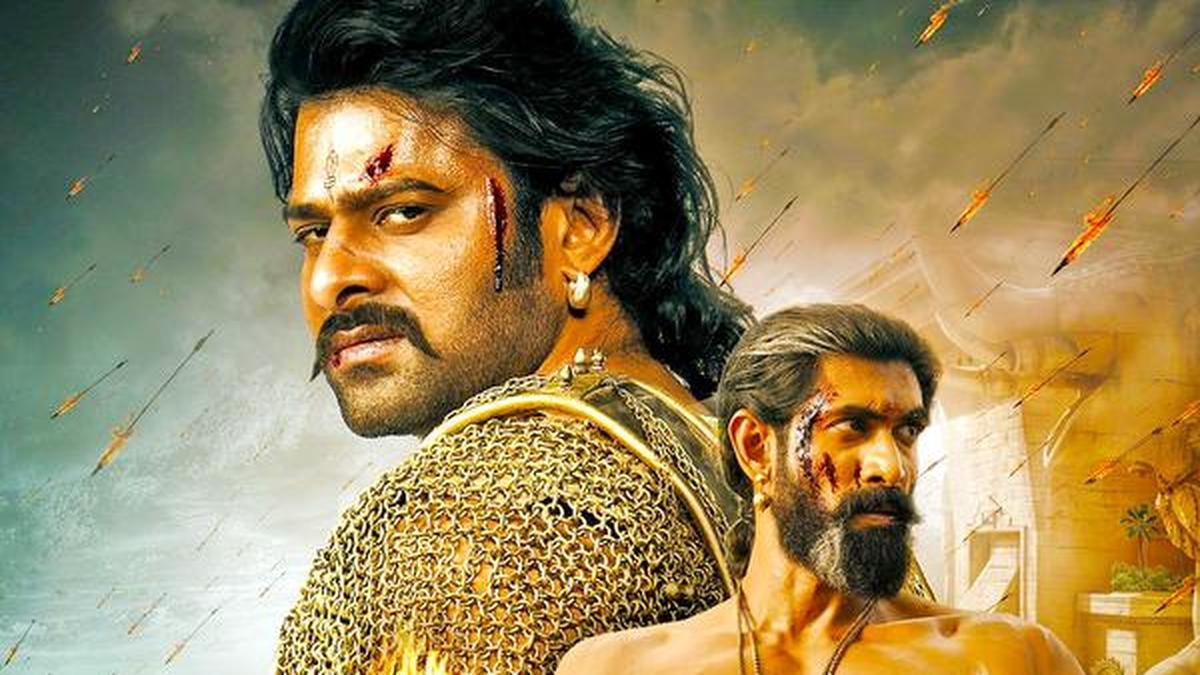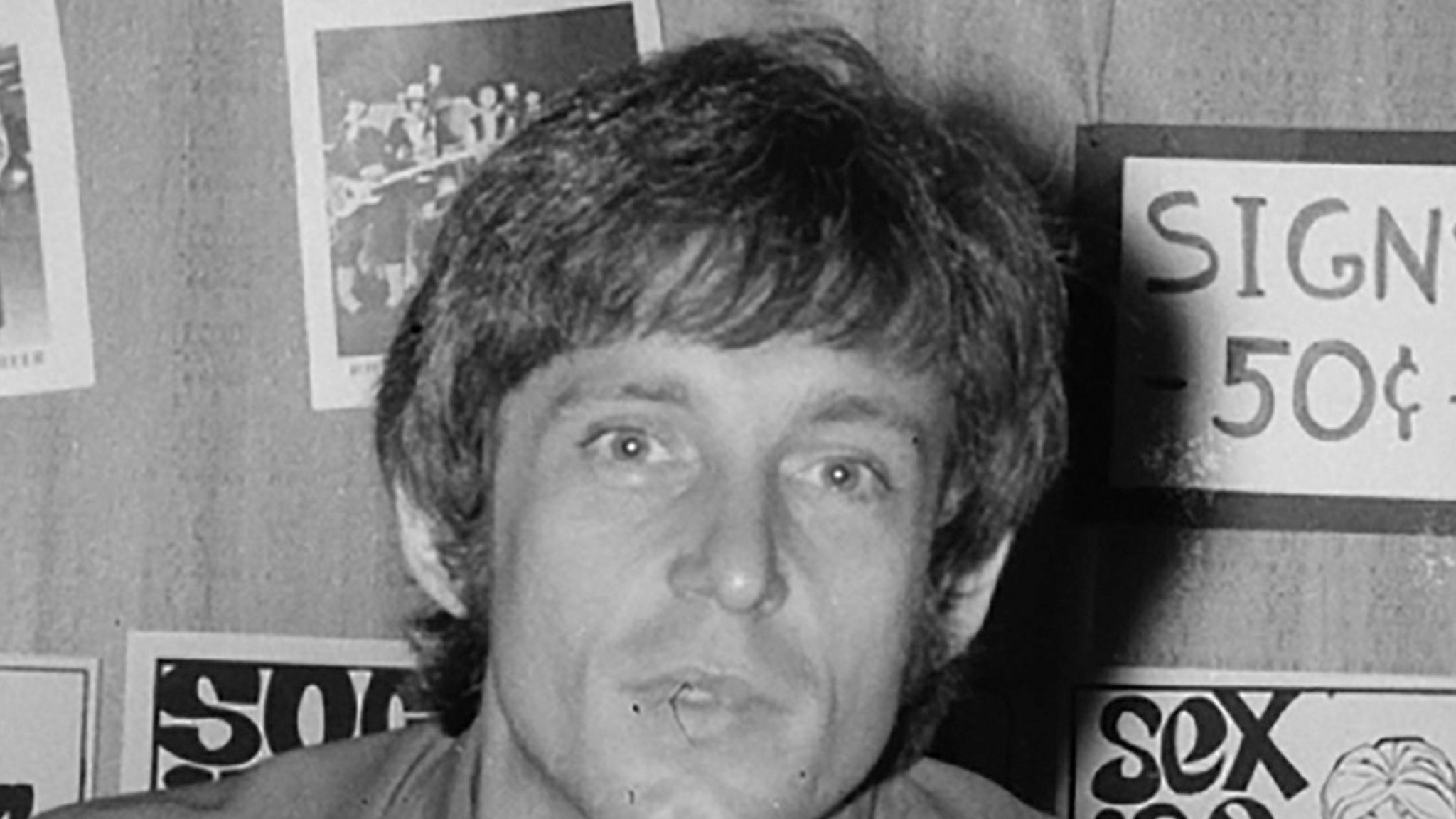
Pt. Vishnu Digambar Paluskar.
| Photo Credit: The Hindu Archives
One of the most eagerly awaited music festivals in Delhi is the Vishnu Digambar Jayanti, held annually by the Gandharva Mahavidyalaya and Saraswati Samaj. Started with an aim to provide a platform for young talented musicians, the festival reminds one of how Pt. Vishnu Digambar Paluskar (1872-1931) opened up the world of Hindustani music to those interested to learn the genre and established the Gandharva Mahavidyalaya in 1901. He played a significant role in taking Hindustani music to the concert stage, which has featured both established and budding artistes.
The tradition continued at this year’s edition too as it featured three talented youngsters — Abhishek Borkar, Anirudh Aithal and Bhagyesh Marathe. The festival also featured veteran Hindustani vocalist Pt. Ulhas Kashalkar. He recalled his performance at this festival four decades ago.

Abhishek Borkar began with raag Hem Bihag, composed by Baba Allaudin Khan.
| Photo Credit:
Season Unnikrishnan
The three-day festival commenced with the sarod recital by Abhishek Borkar from Pune. Trained in the Maihar style, Abhishek chose to focus on appealing lyrical music rather than being bound by the repertoire of the past. His own compositions or those of his father’s (Pandit Shekhar Borkar); there are fleeting glimpses of traditional ‘gats’ of the ‘gharana’. Abhishek started with raag Hem Bihag, composed by Baba Allaudin Khan. He skilfully brought out the beauty of the raag in his rendition. He presented two compositions in vilambit teen taal and then in rupak taal — both of which sounded similar in construction. His barhat was unconventional and his marked reliance on laya, inherent to his musical vision. Abhishek was in no hurry to impress and his rendition was mature, confident. Perhaps, the profusion of ‘tihai’s’ could have been lessened; but he seemed to follow today’s trend. He played raag Bihag, madhyalaya gats, then in drut laya impressively. Next, he presented raag Jhinjhoti, an unusual six-and-a-half matra composition. He was accompanied on the table by Delhi-based Zuheb Ahmed Khan (of the Ajjrara gharana). The evening ended with Dagar dhrupad vocalist Pt. Uday Bhawalkar’s rendition of Mian Malhar, which was followed by raag Des.
The second day opened with a vocal recital by Anirudh Aithal from Bengaluru. The Dharwad tradition of combined Kirana and Gwalior gayaki, as taught by Ustad Abdul Karim Khan and Pt. Neelkanth Buwa Mirajkar to several disciples, remains a vibrant authentic source of music even today. Anirudh learnt primarily from Ashok Huggannavar, a repository of music. Anirudh demonstrated in his performance that our musical tradition is not one merely of learning, but the in-depth assimilation is what culminates in true music. Twenty seven-year-old Anirudh sang with a maturity beyond his age. His Shudha Kalyan was meditative, and as he gradually built up the tempo, his taans had daana, wazan and innovative patterns. His breath control was admirable, as was his aamad, and his ease while singing in the higher octave. Perhaps, pauses between the ‘taans’ would have been more effective. Next raag that he presented was Gaud Malhar, and concluded with a bhajan ‘Jab janaki nath sahay’. On the tabla was Pranav Milind Gurav, and on the harmonium, Vinay Mishra. The evening concluded with a performance by tabla exponent Pt. Suresh Talwalkar and his team.

Anirudh Aithal from Bengaluru performed on the second day of the Vishnu Digambar Jayanti festival 2025.
| Photo Credit:
Season Unnikrishnan
The concluding evening opened with a vocal recital by Bhagyesh Marathe, grandson of Pt. Ram Marathe. Bhagyesh, who has carved a niche for himself, sang raag Bhimpalas, imbuing it with sweetness and pathos. After a vilambit teen taal, a traditional khayal, he sang a composition by Master Krishnarao, set to teen taal, then a drut ek taal composition by his grandfather. Bhagyesh next rendered ‘jaage mere bhaag, kuwar kanhaiya’ in raag Sham Kalyan.
Pt. Shubhendra Rao, on the sitar, brought alive his guru Pt. Ravi Shankar, through his rendition of raga Hanskinkini and Des. Pt. Ulhas Kashalkar’s concert was spellbinding as he presented raag Aiman and later, raag Tilak Kamod and concluded with raag Bhairavi — getting a standing ovation from the audience — compelling him to sing yet another raga Bhairavi composition ‘jamuna ke teer’, this time, without the ‘tambooras’.
The event proved, once again, that Vishnu Digambar festival remains one of the finest in the country; each concert turning out to be a delight.
Published – October 08, 2025 03:59 pm IST



